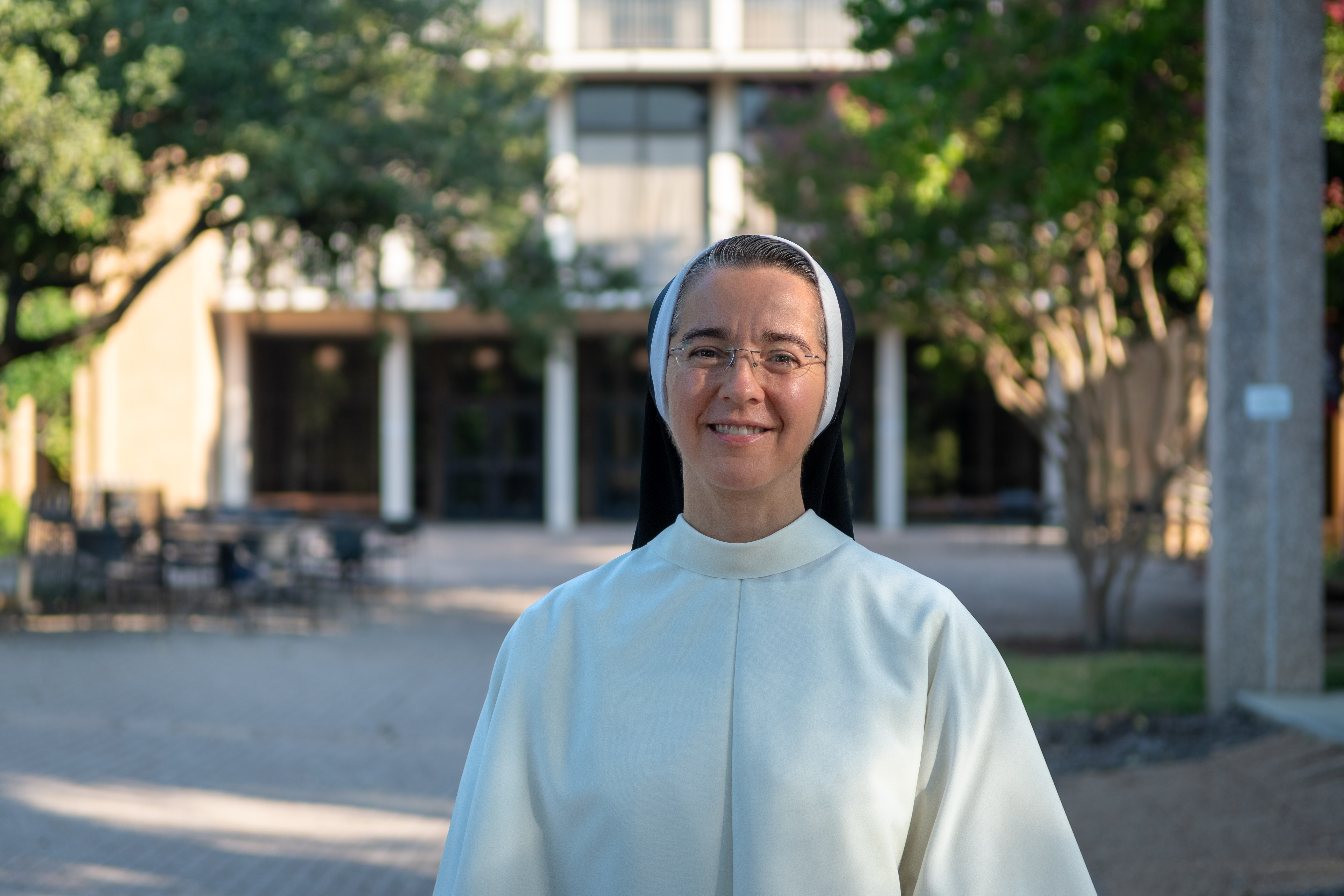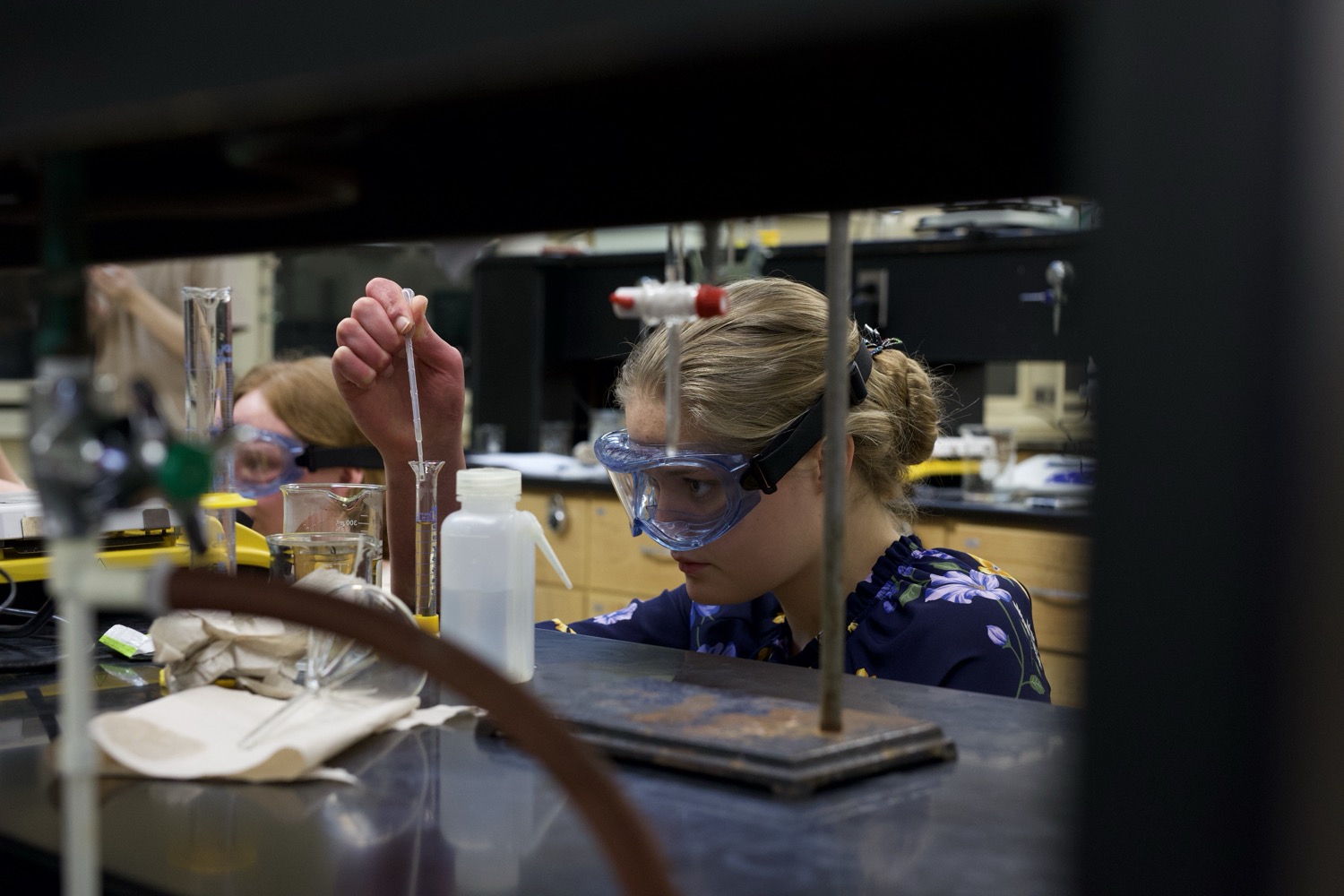Remembering the Importance of Friendship and Civic Duty Above Politics
I voted in my first election in 1980 ― when Reagan beat Carter to become president
― in Sacramento, California. It must have been the first Tuesday of November. I distinctly remember signing my name into the election logbook and turning it back to the poll worker, my mom.
For all my childhood, election day was a big day, not only because of its civic importance, always noted by my parents, but also because of the household absence of my mother. She worked all day long to sign people in, give and receive their ballots, and tally the vote totals from the day’s election. Not that she was far away. The polling station was across the street from our house in the garage of a friend, the cleanest garage in the neighborhood, whose mother ran the polling station.
Diane Crider and Kay Pike were political opposites. The Criders were then Republi-cans: Hollis Crider’s military experience in the USAF as a navigator encouraged him to be conservative; a labor strike had ruined my mother’s father’s trucking business, she believed, so she sided with management. The Pikes were then Democrats: David Pike’s experience in the newspaper business encouraged him to be liberal; I don’t know the origin of Kay’s liberalism. But the four of them were neighbors and friends, and although they argued when they socialized, especially after a second drink, they respected and liked one another a great deal. And mom and Kay worked together on every election I remember as a boy, then a young man: They signed everyone in together; they gave everyone a ballot together; they counted every vote together. For that one day, the kids all knew that our mothers were as important outside the house as the fathers, who both had civically important vocations outside it in the military and journalism.
These days, I often think of my mother and her friend (and their husbands) as exemplary of a way of civic life that seems to be disappearing. They disagreed with one another; they enjoyed one another. Both houses received both Sacramento papers, The Sacramento Bee and The Sacramento Union ― the one leaning liberal, the other conservative. (David worked at the Bee.) The standard rule for guests in both houses, “Don’t discuss politics or religion,” was often forgotten but remembered often enough to find common ground in being parents, neighbors and citizens. Diane and Kay both believed in the sanctity of elections. From a very young age, I learned that election signs were not allowed within 50 yards of the polling station because, as people voted, they should be free of influence. I learned that one did not share political opinions in line when waiting to vote.
“Don’t discuss politics or religion” was often forgotten but remembered often enough to find common ground in being parents, neighbors and citizens.
And I learned that people can disagree about politics and yet respect and love each other.
It could not have been easy; after all, they worked together through the ’60s and ’70s, a time of significant social and political change. My father served in an unpopular war; David was active in his union. But they made it look easy. I never once doubted that that was how it was supposed to be, that you detach yourself from political passions both to maintain friendships and to participate in the highest civic activities together with people who disagree with you. Children in World War II and adults during the Cold War, all four neighbors believed only Nazis and Communists expected everyone to agree with them. Although I doubt I ever heard the term as a child, my parents and their friends believed in the good of “pluralism.”
Is it a cardinal or a Christian virtue? I think it is a modern one: the ethical and political virtue of tolerance, a virtue informing their private lives and public duties.
I am old enough to discern my youth as historical. But until very recently, I would never have believed that the ethic I learned as a boy ― friends and neighbors can disagree about all kinds of things and still be friends and neighbors ― would be forgotten, that people would no longer know how to speak of and to one another as fellow citizens, that discursive silos would become walled cities, that those fellow citizens would begin to imagine one another as enemies. Of course, it was easier for Diane and Kay. Though neither was university educated, both had received good high school educations; though neither was church-going, both believed in the golden rule; though television watchers, both read widely, and there were only four channels on TV, and all news was for everyone, not for a single niche market. Our smartphones had not yet made us less smart; our social media had not yet made us less social.
But it could not have been easy, and historical context does not explain everything. The truth is this: Those four friends and neighbors were virtuous. They tempered their speech prudently to serve a justice larger than their own courage of conviction; they had faith in the republic and hoped for its flourishing, while loving each other as friends. Civil discourse does require a good education, and I wish with all my heart and soul every American, including UD students, had to take a logic course. But such discourse requires not only intellectual virtue but also moral. Many very smart and well-educated people in our country are vicious in the service of their truth. Maybe you and I are, as well.
When I am tempted to be so, I recall my boyhood memories of two polling station election workers quietly and heroically going about the business of a free people while their husbands protected and informed those people. Both women have passed away now, and their world ― hardly perfect given how much historical injustice survived into and beyond it ― seems to slip away. How many Tower readers remember it? But my mother and her friend remain for me exemplars of a civic virtue always available to us, no matter what we tell ourselves to win. What is that virtue? Is it a cardinal or a Christian virtue? I think it is a modern one: the ethical and political virtue of tolerance, a virtue informing their private lives and public duties. Civil discourse in the body politic begins, like so much else, in the souls of its citizens, whose common bonds of friendship and neighborliness must encourage them to tolerate a plurality of opinions to achieve the political unity that includes all its citizens.
I am sure you have your secular saints, those whose virtue guarantees such republic-sustaining tolerance. Mine are Diane and Kay. Even now, I can distinctly hear my mother’s voice: “Sign there, Scott.” I heard her voice again just this past November when I voted in an election many said would be violent ― it wasn’t ― in Irving, Texas at city hall, and an older, female poll worker said, “Sign there.”
Even now, every day, good people through their virtues uphold the republic.



